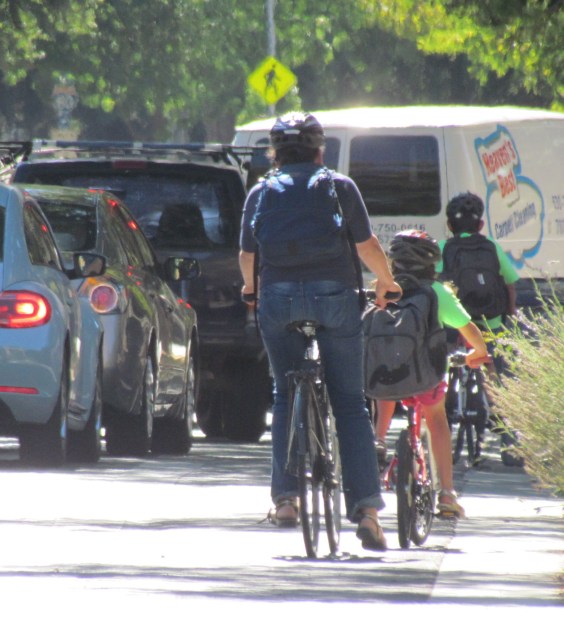The Municipal Transportation Agency Board of Directors will be asked to declare a fiscal emergency at its meeting next Tuesday, a move that will allow Muni to skip environmental reviews and implement service cuts and fare hikes this year to deal with a projected $129 million budget deficit.
"A declaration of fiscal emergency is a way of satisfying CEQA for transit service reductions and fare increases," said MTA spokesperson Judson True. "A longer CEQA analysis takes time, and time means money that we don't have."
The last time Muni declared a fiscal emergency was in 2005. Facing a $57 million deficit, the MTA Board voted then to increase fares by 25 cents to the current $1.50. Other Bay Area transit agencies, including AC Transit and the Valley Transportation Authority, have taken similar actions over the years.
A proposal is currently on the table to raise Muni fares by as much as 50 cents to $2.00, but True said the earliest service reductions and additional fare hikes would be implemented is September 1st, although it's possible parking garage rates could go up sooner. Fast passes are already scheduled to go up from $45 to $55 in July, although there is a proposal to raise it another $5 to $60.
At next week's meeting, CFO Sonali Bose plans to present a refined list of options to close the gap and "to outine comprehensive options for service reductions and modifications as part of the budget balancing menu," said True.
The earliest the MTA Board could vote on the fiscal emergency would be April 21st. A public hearing is set for that date and for April 7th. The Board has to respond to public comments before it can take a vote.
Some MTA Board members, including Chair Tom Nolan, have indicated they are likely to vote in favor of the fare increases. The Board of Supervisors does have the power to reject the MTA's budget with a minimum of seven votes.
Next steps, according to the MTA:
- Public hearings to consider anychanges to fares, fines or fees and service modifications –April 7and 21, 2009
- Board to adopt revised FY 2009-2010 Operating Budget –April 30, 2009
- Board to adopt Automatic Indexing Implementation Plan –April 7, 2009
- Submit revised FY 2009-2010 Operating Budget to the Mayor’s Office – May 1, 2009
- Board of Supervisors to accept or reject FY 2009-2010 Operating Budget if fares changes and/orroute abandonments included –June through August 2009
- Changes to any fares, fines or fees and service modifications – September 1, 2009





